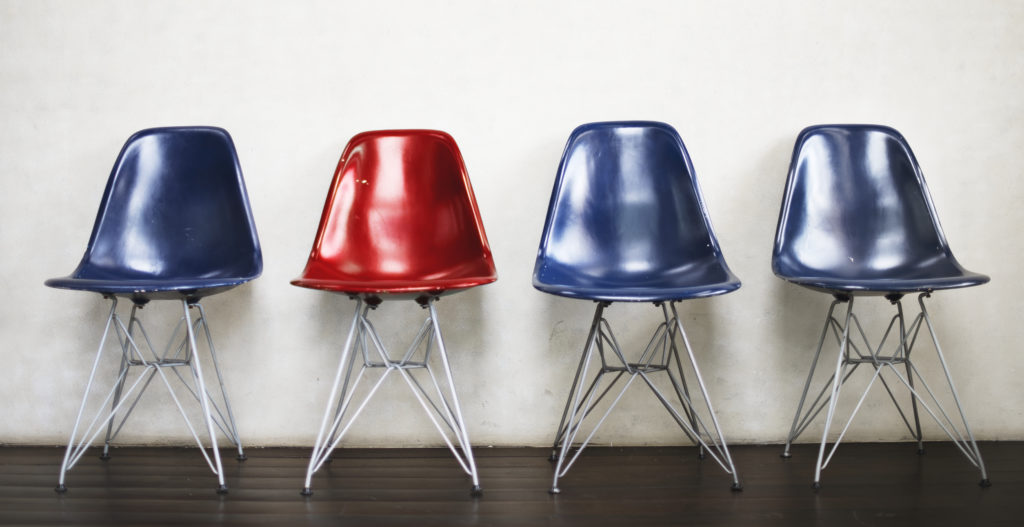
The “musical chairs” and other changes in CADE: what to expect?
On July 12 the President of Brazil nominated Alexandre Cordeiro Macedo to occupy the position of President of the Administrative Council of Economic Defense (CADE) – the Brazilian antitrust watchdog – for a four-year term.
As widely reported by the Brazilian media, Cordeiro – who held the position of Superintendent-General at CADE for almost two consecutive terms, since October 2017 – replaces Alexandre Barreto de Souza, whose mandate expired on June 21. Barreto, in turn, had his name forwarded to the Federal Senate for consideration as an indication by the Presidency of the Republic to occupy the position of Superintendent-General at CADE.
In addition to these “musical chairs” between Alexandre Cordeiro and Alexandre Barreto, other changes are expected in the short term. This Q&A brings some information that can help you to understand what is happening in CADE and the expected impact of these changes.
1. What is the reason for the “musical chairs”?
The change involves the two most important positions at CADE: (i) the President, who is charge of representing the authority before third parties in the execution of agreements with other authorities, settling in the context of ongoing proceedings, and chairing the ruling sessions – during which his vote is rendered, including the casting vote; and (ii) the Superintendent-General, who is in charge of the analysis of merger control cases, as well as of the initiation, conduction and recommendation in antitrust investigations. Both positions together have the power to dictate CADE’s course for years to come.
2. Is this movement in CADE unprecedented?
In part, yes. In the last 15 years, there have been some situations in which a member of CADE, once expired his/her term, has been nominated to another important position at the authority. This happened at least in the following situations:
- Alexandre Cordeiro is a former Commissioner at CADE; he served between 2015 and 2017;
- Paulo Burnier da Silveira was CADE’s Commissioner between 2015 and 2019. Prior to that, he held the position of CADE’s Advisor on International Affairs between 2011 and 2015;
- Fernando de Magalhães Furlan held the position of CADE’s Attorney-General from 2001 to 2003. Then, he was nominated CADE’s Commissioner in 2008 and held this position until April 2011, when he took office as CADE’s President, until January 2012;
- Arthur Sanchez Badin held the position of CADE’s Attorney-General between 2005 and 2008, and was appointed CADE’s President from2008 to 2010;
- Carlos Emmanuel Joppert Ragazzo held the position of CADE’s Commissioner between 2008 and 2012 and Superintendent-General between 2012 and 2014.
A simultaneous change of positions among officials who held the most important positions at CADE has never occurred before.
3. Are there other vacancies to be occupied at CADE this year?
Yes. Commissioner Maurício Bandeira Maia, who was occupying the position of Deputy President after Alexandre Barreto’s mandate expired, had his term of office also expired on July 07.
Attorney-General Gustavo Augusto Freitas de Lima was nominated to occupy his office. He currently holds the position of Deputy Chief of Economic Policy at the General Secretariat of the Presidency. He has experience in negotiations of judicial and extrajudicial settlements, as well as representing the federal government in strategic judicial lawsuits. His performance and academic background are focused on Constitutional, Administrative and Tax Law, and his research is focused on the normative power and judicial control of regulatory agencies.
In February 2022, a new position will be vacant in the CADE Tribunal, with the end of the term of Commissioner Paula Farani de Azevedo Silveira.
4. Is there a risk that the analysis of ongoing cases be at a standstill if there is a delay in the appointment of the new Commissioner or the new Superintendent-General?
No. CADE’s Board of Commissioners is composed of 6 Commissioners and 1 President, and the minimum quorum for voting is the presence of 4 Commissioners, and the decision by at least 3 of them. Even if Gustavo Augusto Freitas de Lima’s confirmation for the pending position takes a few more weeks, CADE will have the minimum quorum for voting and deliberation.
With regard to the cases in progress in the General-Superintendence, there should be no interruption in the analysis. The team of coordinators and technicians will be maintained and, above all, Diogo Thompson de Andrade, who was Deputy Superintendent-General, has been nominated as interim Superintendent-General.
5. Despite the alleged preservation of legal certainty in the appointment of Cordeiro and Barreto, is there internal divergence among the members of the CADE Tribunal?
Yes. There have been recent discussions that have been raising divergence among CADE’s Commissioners. Among the subjects of greatest divergence, it is worth mentioning: (i) liability of employees who do not occupy management position at the company; (ii) the nullity of the leniency agreement; (iii) standard of proof for the accountability of individuals and legal entities for cartel practice, among others.
These divergences make the current composition of CADE Tribunal one of the most unpredictable in the last 15 years; many decisions in relevant cases are taken by majority, and unanimous decisions are rarely seen in important cases.
6. What are the relevant discussions expected for the next composition of the Council?
As anticipated by Cordeiro, the Council is expected to formally comment on investigations into alleged anticompetitive conducts adopted by technology companies. For example, CADE initiated on July 12 three investigations about anticompetitive practices allegedly adopted by Google to benefit its own specific links or sponsored ads over searches of rival sites or third-party ads. Likewise, discussions about mergers and acquisitions and new models of partnerships in the industry may be resumed, such as the suspended partnership between Facebook and Cielo to make payments via WhatsApp. In addition to the technology industry, other discussions should be developed, such as the investigations of alleged misconducts involving labor relations, without prejudice to the prominence in cartel busting.
Competition, Administrative Law and Public Contracts, and Compliance and Corporate Ethics

